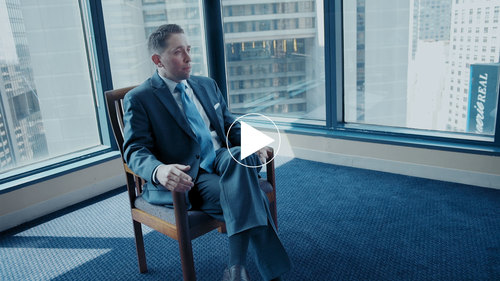New York, like most states, has abandoned property laws. More importantly, New York abandoned property tax audits have become more common over the past few years with increased attention to abandoned property due to economic downturns as well as increased interest in finding new revenue streams.
But for many companies, a New York abandoned property tax audit is a surprise because while most entities have some type of abandoned property, few expect enforcement action. Abandoned property laws in New York City apply to partnerships, corporations, and every other type of entity.
Attorneys in our Abandoned Property Audits Practice provide corporate clients with guidance and assistance in refuting or managing abandoned property audits. They evaluate whether the audit is warranted, review the legitimacy of the state’s order and, where possible, assist in preventing the audit from going forward.
We have experience in handling multistate audits and in working with state voluntary compliance programs to reduce penalties and prevent potential exposure through shareholder suits. Our attorneys are extremely familiar with the changing laws regulating unclaimed property filings from state to state, and advise clients regarding compliance, with an emphasis on eliminating or minimizing possible financial or reputational damage.
What is Abandoned Property?
Can You Be Subject to an Abandoned Property Audit?
Any organization that possesses property legally owned by another, which has not conducted any communication about said property during the specified “dormancy period,” has abandoned property. Under New York laws, property that is determined to be abandoned must be remitted to the state or to the last known address of the legal owner of the property. The property is also escheatable to the state in cases where the owner is a foreign country or where the owner cannot be located.
Abandoned property can include cash account payable checks, uncashed payroll checks, unredeemed vendor credits, unredeemed customer credits and other types of property. The term does not simply refer to real estate.
Since the state has larger resources, the idea is that the state eschews the property because it has a greater chance of returning the property or acting on behalf of lawful owners.
Practice Leader
- Partner
People
- Joseph N. EndresPartner
- Daniel P. KellyPartner
- Joshua K. LawrencePartner






